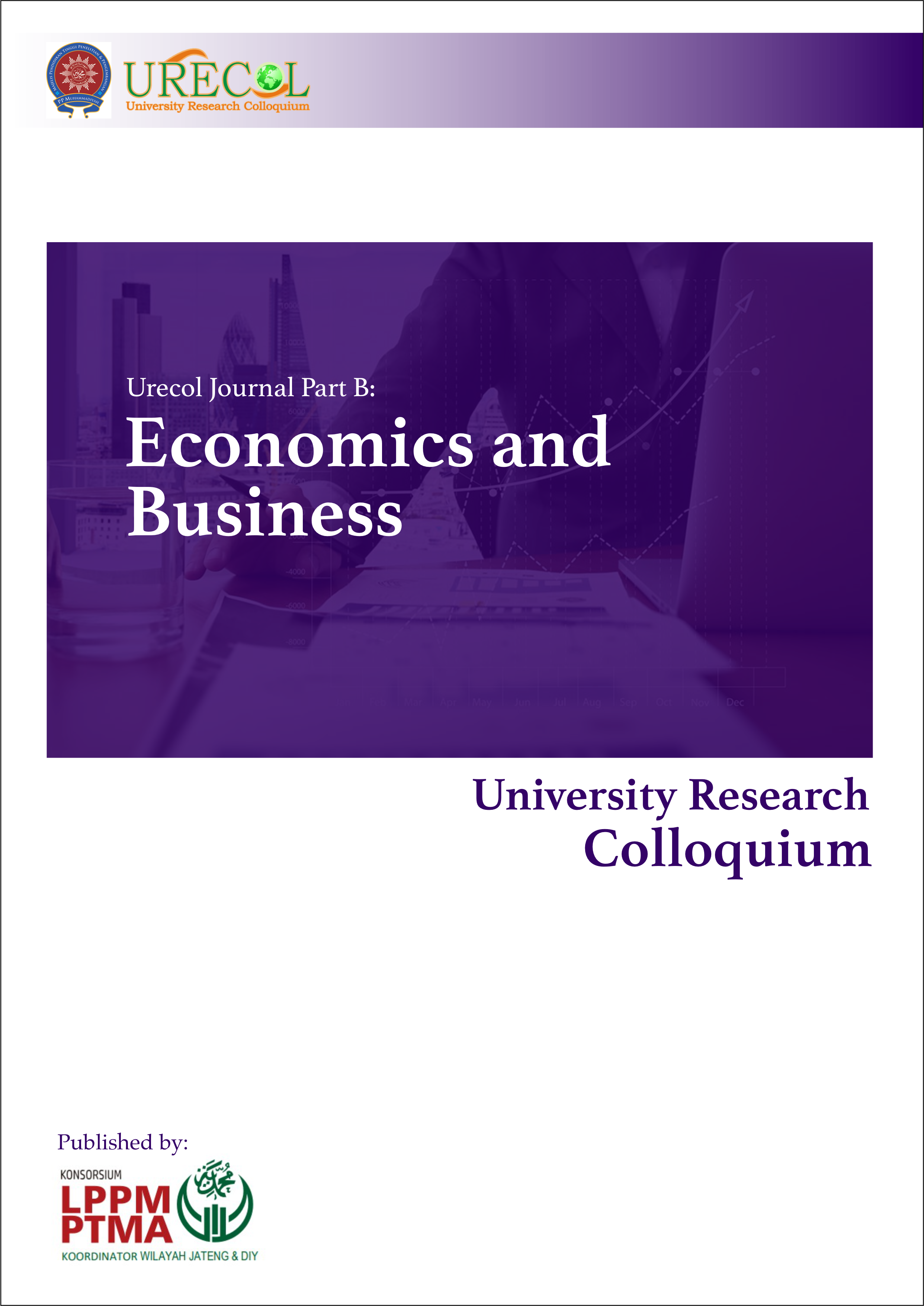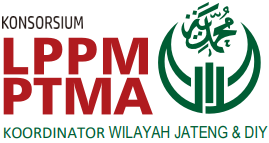Disclosure of Islamic Corporate Governance and Sharia Compliance on Fraud in Sharia Commercial Banks
DOI:
https://doi.org/10.53017/ujeb.60Keywords:
Fraud, Islamic Governance, Sharia ComplianceAbstract
Cheating occurs because of the opportunity, pressure and rationalization. In addition, the low Sharia compliance and poor governance implemented by Sharia entities provide opportunities for fraud. This study aims to empirically examine the disclosure of Islamic Corporate Governance (ICG) and shariah compliance against the fraud acts. The sample used in this study was Islamic commercial banks that listed in the Indonesian Stock Exchange from 2015 to 2019. The number of samples in this study were 40 samples, from a total of 8 Islamic banks with a 5-year study period. Determination of the sample obtained by using purposive sampling. The hypothesis testing using logistic regression analysis. The results of this study indicated that the disclosure of ICG, Islamic Investment, and Equitable Distribution has no effect on fraud. Profit sharing has a negative effect on fraud. While Islamic income has a positive influence on fraud. This study shows that Islamic entities, especially Islamic banking, needs to improve compliance and good corporate governance in accordance with Sharia principles, to reduce fraud acts.
Downloads
Downloads
Published
How to Cite
Issue
Section
License
Copyright (c) 2021 Farida Farida, Nur Hidayati, Anissa Hakim Purwantini

This work is licensed under a Creative Commons Attribution-NonCommercial 4.0 International License.





